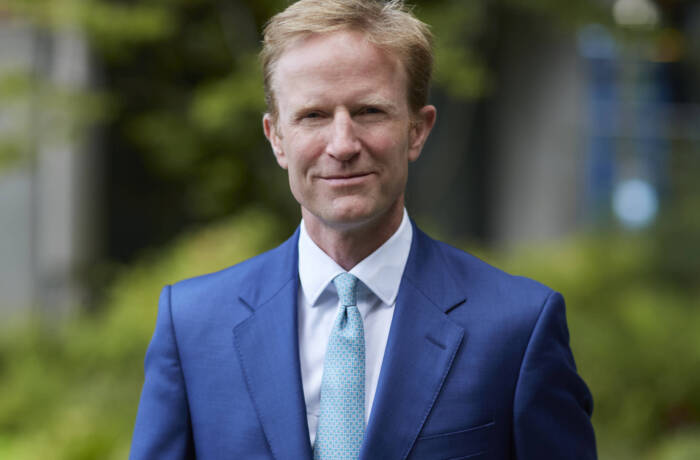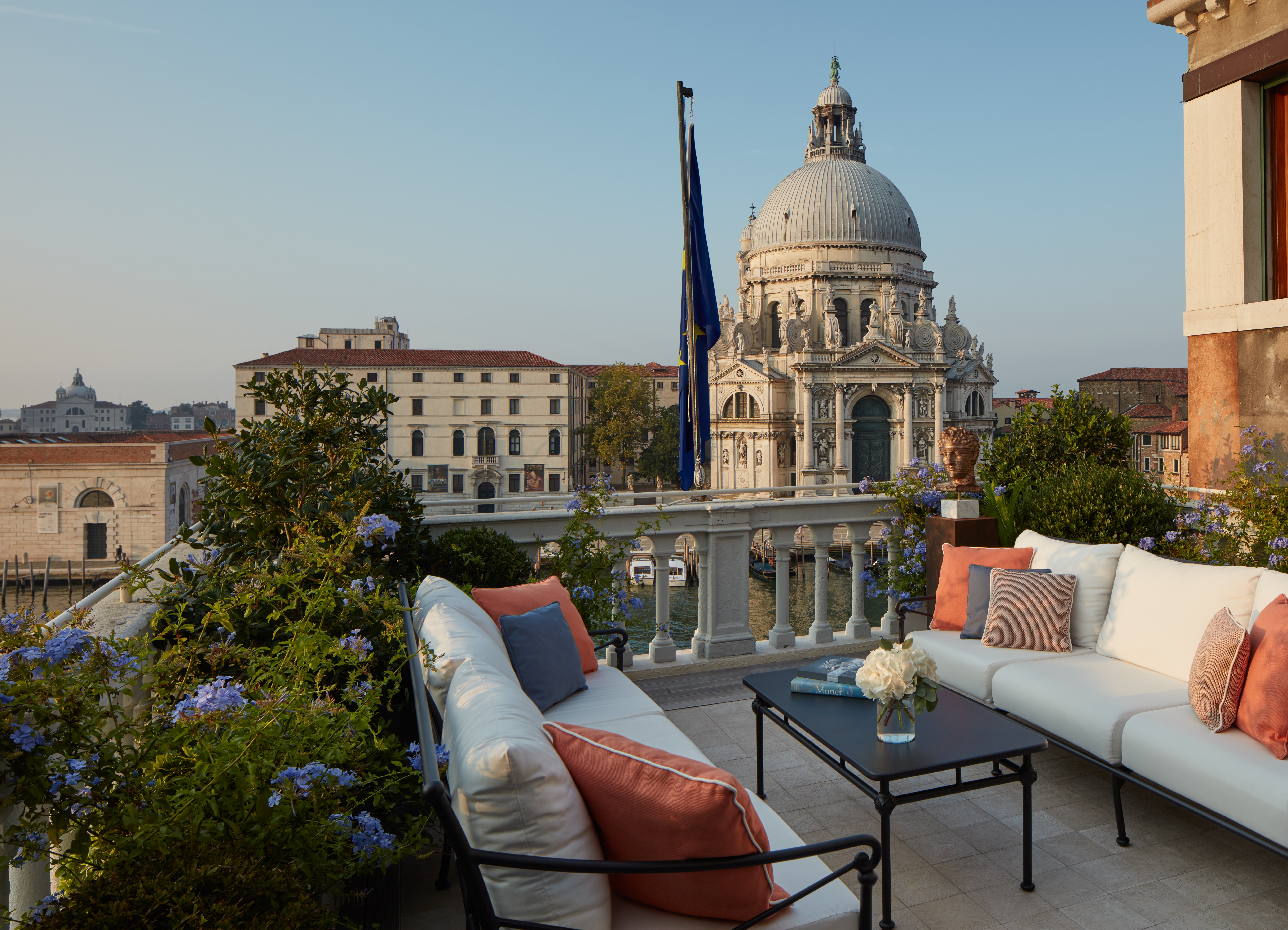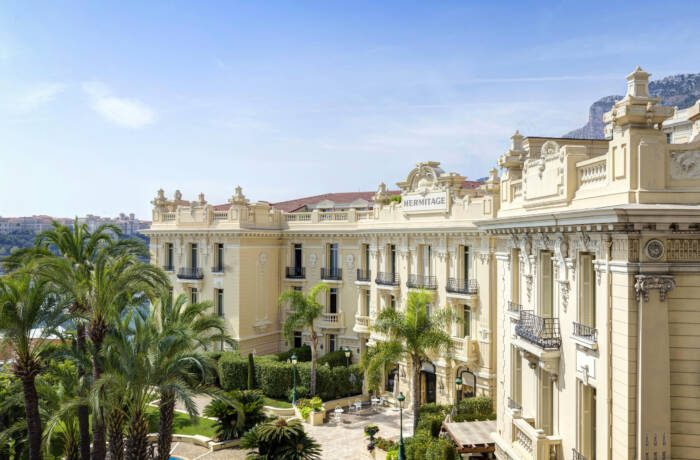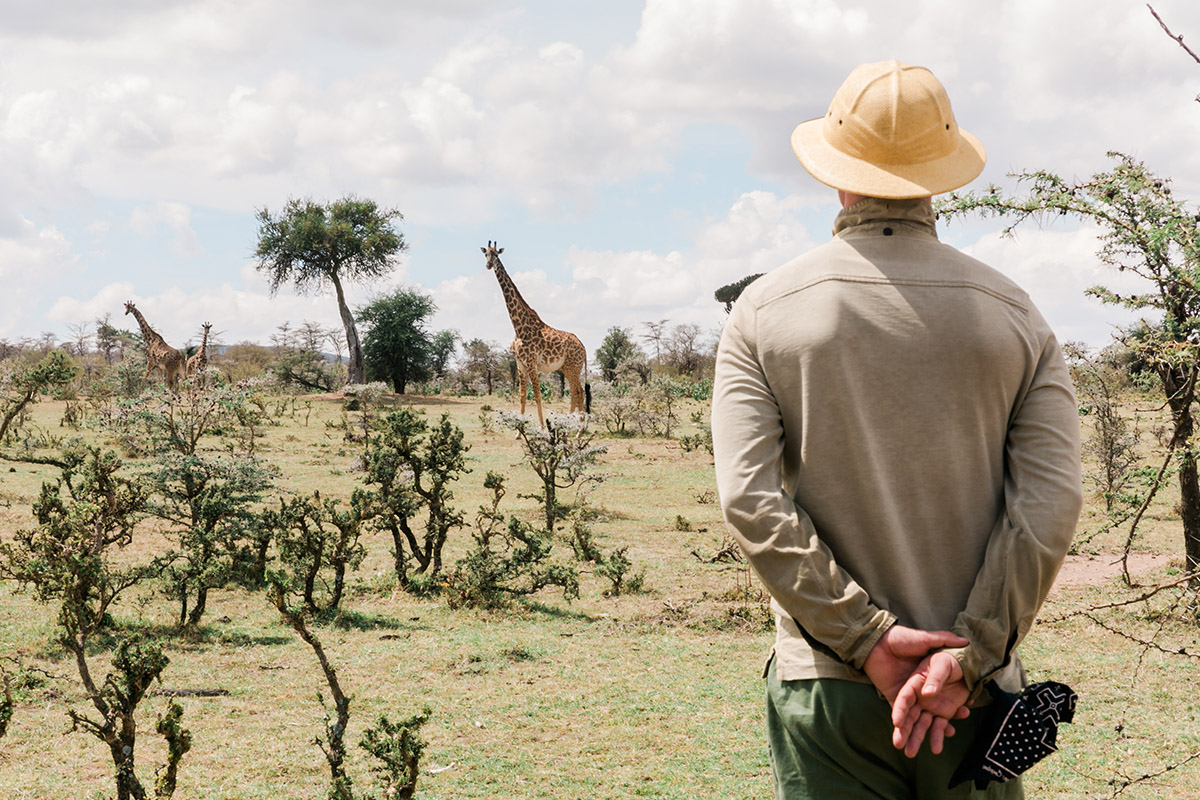
Safari in Kenya. Image courtesy of Cottar’s Safari
Fifth generation family business Cottar’s Safaris offers a more meaningful kind of luxury experience. With three camps based in the Masai Mara, the company provides guests with the opportunity to get actively involved in various projects that centre around supporting the local community, wildlife and landscape. Here, co-owner and Managing Director Louise Cottar discusses their approach to sustainability, conservation and the future of travel

Louise Cottar
1. Cottar’s Safaris has a rich history that dates back to 1919. How has the business evolved while preserving its heritage?
‘Safari’ literally means journey, and the metaphor is also a truism for us as a family we continue into our second century of providing safari services in East Africa. It’s often uncomfortable to acknowledge that early conservation was intrinsically linked with hunting, but early on, and over five generations, we have purposefully shifted to become leaders in safari services that directly and indirectly contribute to conservation. We are now one of nine Global Ecosphere Retreats in the world demonstrating that business can protect and partner with viable productive ecosystems, local communities and indigenous cultures. Embedded in our family’s DNA are central covenants: to support and develop tourism on community-owned, wildlife rich land; to provide the highest standard of guiding; to stay true to the origins and essence of what makes a safari special; to provide both luxury safari accommodation and immersive safari experiences that have positive and sustainable impacts.
Follow LUX on Instagram: luxthemagazine
2. What inspired the focus on the Masai Mara region and how is the company involved with the local community?
The Masai Mara is the jewel of Africa when it comes to wildlife experiences and there has always been one absolutely stunning sub-area, in the south-east part of Masai Mara adjacent to the Tanzanian border, that the Cottar family have loved the most and developed an enduring relationship with the Masai community.
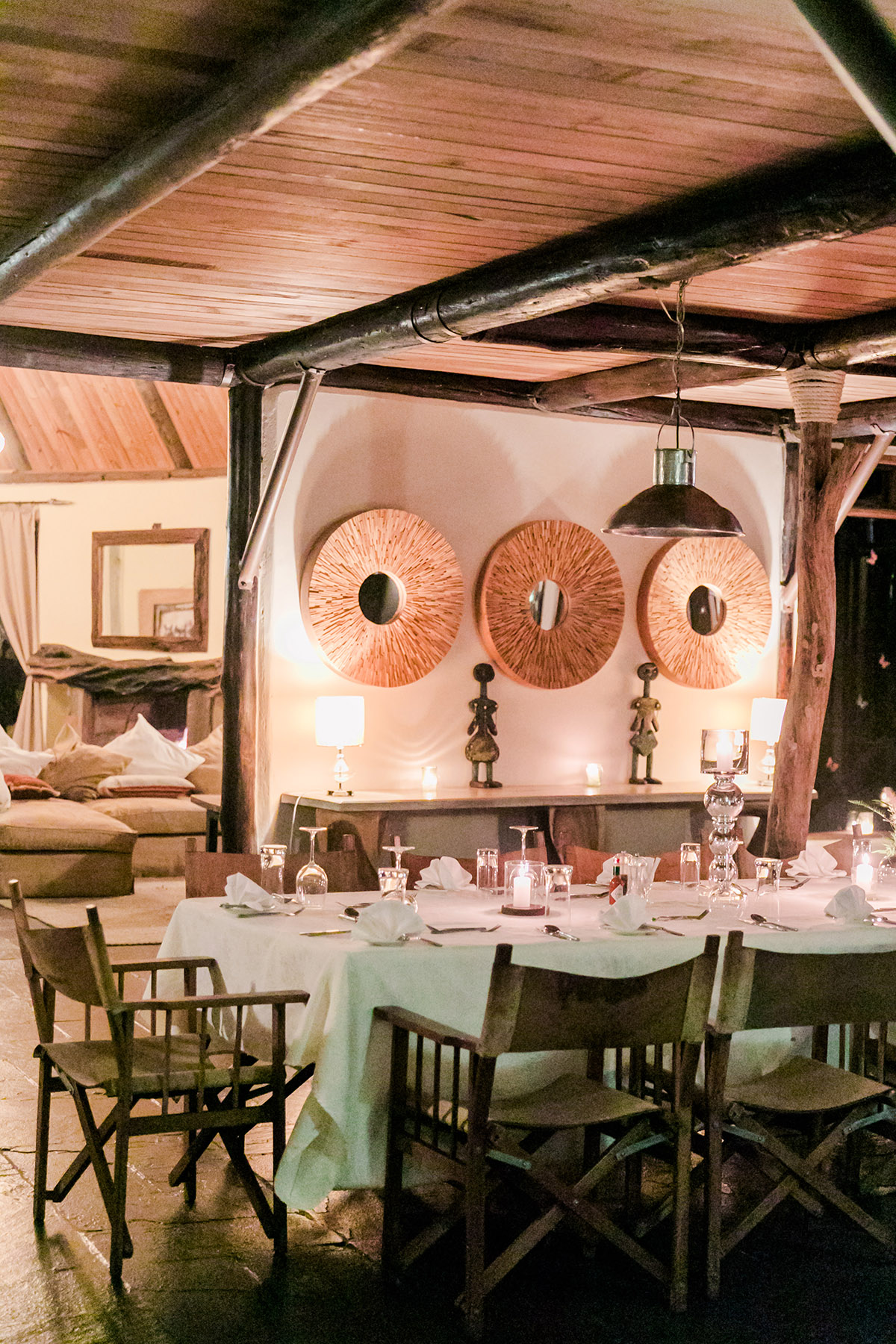
The dining room at Cottar’s Bush Villa. Image courtesy of Cottar’s Safari
3. Why did you decide to set up the Conservation Camp and how does the experience differ from the 1920s camp and the villa?
Over the last twenty years, land surrounding the Masai Mara game national reserve was converted from community land to individually title-deeded land. We developed an initiative, asking the community to consider setting aside some 7,600 acres of land into one undivided plot for conservation, and uniquely they agreed. We lease and manage the 7,600 acre conservancy situated on this community owned land, providing a financial return for the community, whilst also securing a wonderful place for guests to visit and to value and enjoy productive ecosystems, incredible biodiversity, wilderness and wildlife. There are no fences between us and the national reserve, allowing us free movement between the two and securing for the wildlife migratory and dispersal corridors.
Read more: Travelling through Tuscany – Castello Banfi Il Borgo
One of our guests’ other favourite experiences is the chance to explore, understand and engage in Masai culture. Ranging from foraging and medicinal walks with Letilet, our local Medicine man (the YouTube documentary about him has over 9 million views) to joining our Masai Warrior School experience, or hearing insights and anecdotes during fireside talks from one of our Masai guides as they share about their rich Masai culture.
We have three different stay options in the Masai Mara. The 1920’s Camp, the Bush Villa and the Conservation Camp. We developed the conservation camp because there was a real interest from guests wanting to both have a safari holiday, but also have a more immersive conservation experience. The Conservation camp provides this conservation focus yet is a more basic camp (no electricity and bucket showers) as compared to Cottar’s 1920’s Camp and Bush Villa which are considered luxury stays. All three accommodations have an extensive list of immersive and positive impact driven activities such as a joining the only all-female ranger unit in the Masai Mara, experiencing the rehabilitation of raptors recovering from poisoning, compare Western versus African star-gazing stories of the night sky or participate in our seedball reforestation and carbon offset experience. This should go without saying, but of course we also offer professionally guided game drives and game walks.
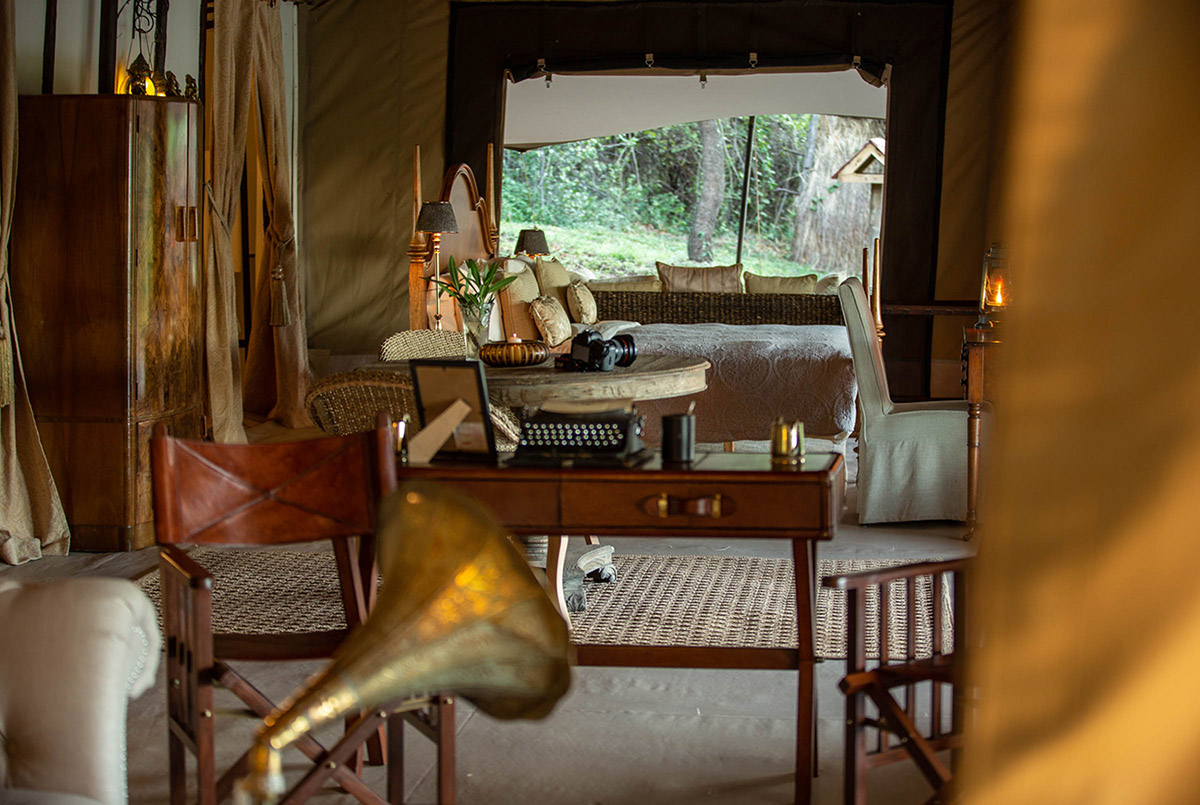
One of the honeymoon tents at the Cottar’s 1920s safari camp. Image courtesy of Cottar’s Safari
4. As we emerge from the coronavirus pandemic, do you think travel will ever be the same?
Coming out of the pandemic, I believe that there will be increasing demand for travel that is individually curated, genuinely and positively sustainable and impactful and are away from the maddening crowds.
5. What’s been your most memorable safari experience and why?
Safaris provide difficult-to-describe, sensory-stretching experiences. My most memorable safari experience was watching the emotions of a deaf teenage guest who felt the auditory and powerful vibrations of a lion who roared close to one of our open game vehicles.
6. Are there any developments or new openings in the pipeline?
We continue to develop our positive impact experiences that are fun, immersive and support conservation, community and culture. We are also planning to expand our safari accommodation in order to secure additional critical wildlife corridors in community owned areas of the Masai Mara. I hope in future that businesses such as ours are valued by our commercial success and, in terms of the value of critical biodiversity and communities that we support.
Find out more: cottars.com

